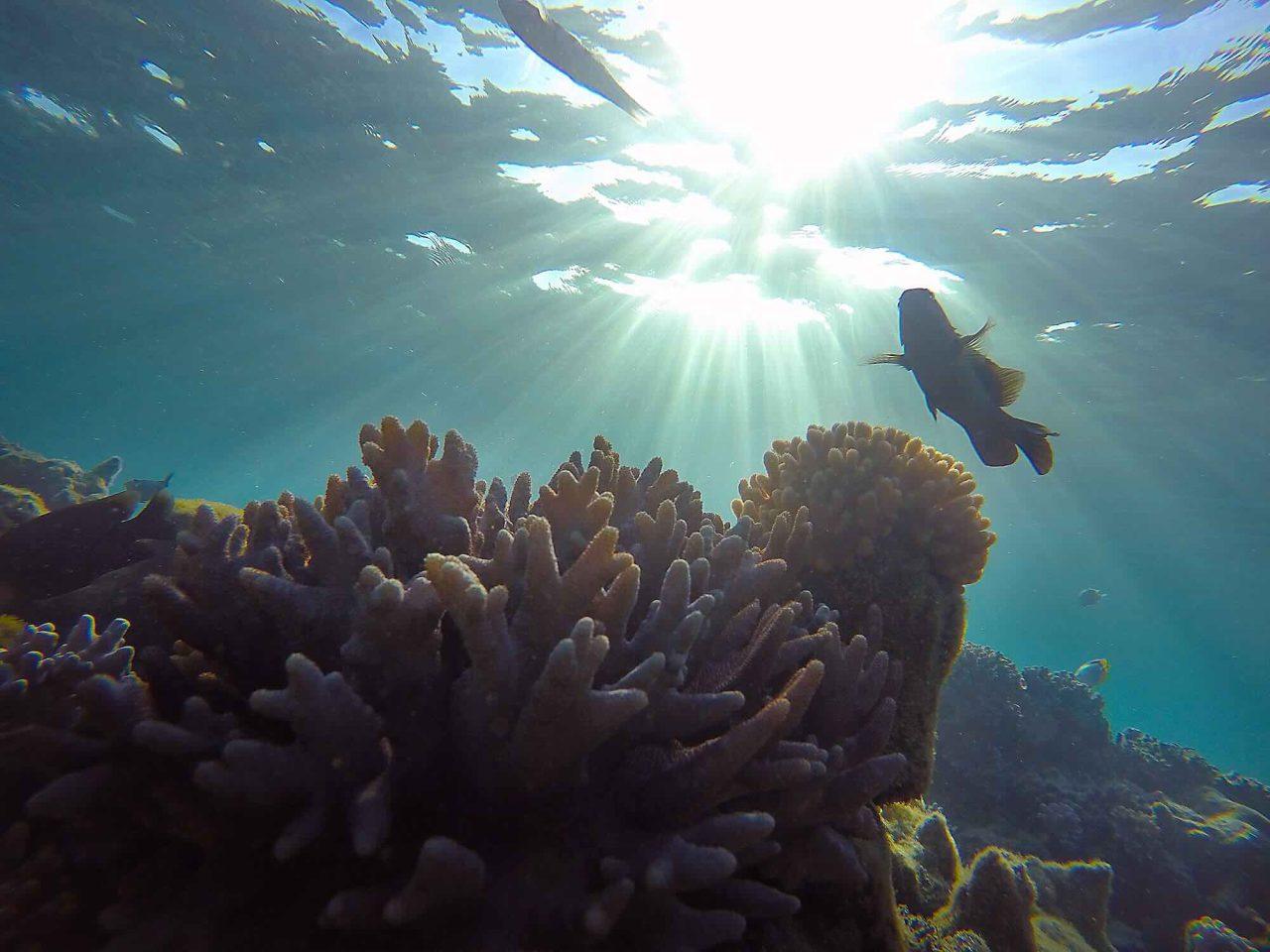Triple Attack Against the Ocean: “Affects Everyone”
All parts of the oceans are under triple attack, according to the EU’s Copernicus Climate Service’s major annual ocean report.
“These changes affect us all – ecosystems, society and the economy,” says oceanographer Karina von Schuckmann.

The oceans are warmer than ever, and warming is accelerating, warn the 70 scientists behind the Ocean State Report, now in its ninth edition.
No part of the oceans is unaffected by the so-called triple planetary crises in the form of climate change, loss of biodiversity and pollution.
“But the report also contains a wealth of information that will help us make the decisions needed to protect the oceans and their life-sustaining role,” says Karina von Schuckmann, who led the work on the report.
At the same time, there is some hope in the fact that the High Seas Treaty will come into force next year, she emphasises.
“It addresses many of the critical challenges highlighted in the report.”

Here are some examples of how the oceans are changing, according to the report:
Worse heat waves
Marine heatwaves have become more frequent, longer and more severe. They can cause coral bleaching and destroy seagrass beds. In Canada and the United States, ‘The Blob’ of 2014–2016 led to emaciated sea lions being stranded, krill dying, fish migrating north, whales and seabirds dying inexplicably, some fisheries being shut down and others seeing their nets filled with the pyrosoma cnidarian.
Moving towards the poles
Entire ecosystems are shifting. Among other things, it has been noted that areas where micronecton – organisms larger than plankton that float with the currents, such as tuna – are moving closer to the poles. This is also forcing predators to follow.
Crab moved in
During the Mediterranean’s longest marine heatwave to date, which lasted from May 2022 to early 2023, the Atlantic blue crab thrived in Italy’s Po Delta. The only problem is that the crab does not belong there – it is an invasive species that caused the collapse of Manila clam farms, which hit the local economy, which depends on the clams, hard.
Unpleasant intruder
Another unwelcome guest from the Atlantic is the beard worm, which thrives when temperatures around Sicily rise. Wild fish are hit extremely hard, as are shellfish fishermen, who not only see their catch destroyed but also risk painful rashes from the worm’s poisonous sting.

World heritage sites under threat
The Kvarken Archipelago, the Wadden Sea and the Norwegian fjords of Geiranger and Nærøy are all marine World Heritage Sites. These fragile and important areas are warming faster than the global average and are therefore under threat. Several coastal World Heritage Sites – such as Alexandria, Venice and the Greek island of Delos – could be submerged by rising sea levels.
The annual OSR is a flagship report from the EU’s Earth observation programme Copernicus.
It is based on measurements taken in the field and via satellites, and also uses powerful data models.
The report is aimed at decision-makers, other researchers and the general public. The study is published in the journal State of the Planet.




